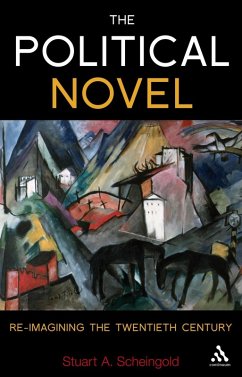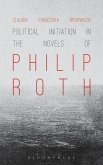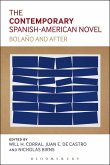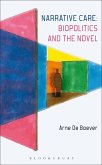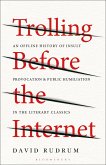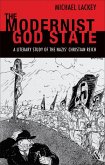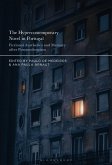Scholars from a variety of academic disciplines have been drawn into exhaustive analyses of what went wrong in "the terrible 20th Century", as Winston Churchill dubbed it. In this book Stuart Scheingold adds political novels to those inquiries and argues that they make a distinctive and hitherto neglected contribution to the collective memory of the 20th Century.
These fictional accounts are the work of some of the century's most celebrated novelists: Kafka, Heller, Boll, Grass, Vonnegut and others. As refracted through the literary imagination, the "terrible" 20th Century takes on new meaning that tends to elude historians and social scientists. Novelists peer into the shattered lives, the moral dilemmas, and the emotional chaos of the century, thus viewing a collective catastrophe through the everyday lives of victims, victimizers, temporizers, opportunists, true believers, and those who simply averted their eyes. In so doing, these novelists reveal, sometimes prophetically, the etiology of catastrophe, and both deepen our memory of the past and help us to think more clearly about the future.
These fictional accounts are the work of some of the century's most celebrated novelists: Kafka, Heller, Boll, Grass, Vonnegut and others. As refracted through the literary imagination, the "terrible" 20th Century takes on new meaning that tends to elude historians and social scientists. Novelists peer into the shattered lives, the moral dilemmas, and the emotional chaos of the century, thus viewing a collective catastrophe through the everyday lives of victims, victimizers, temporizers, opportunists, true believers, and those who simply averted their eyes. In so doing, these novelists reveal, sometimes prophetically, the etiology of catastrophe, and both deepen our memory of the past and help us to think more clearly about the future.

